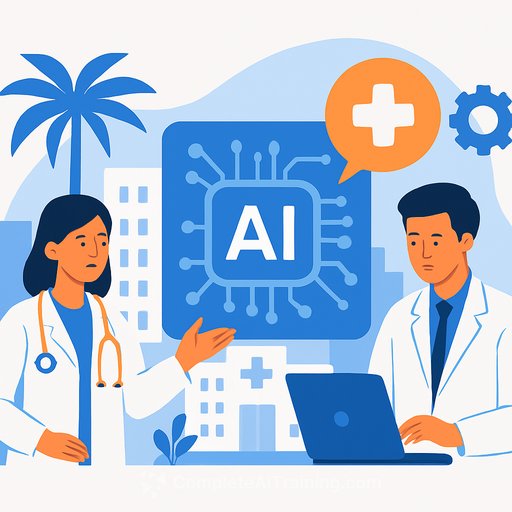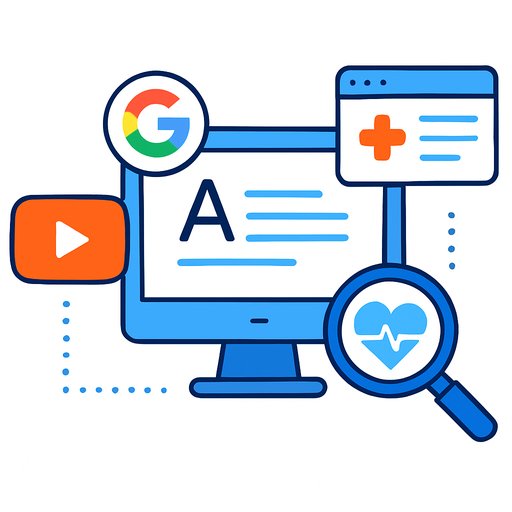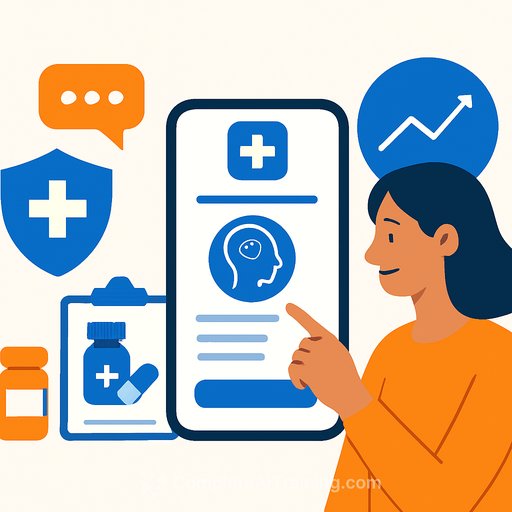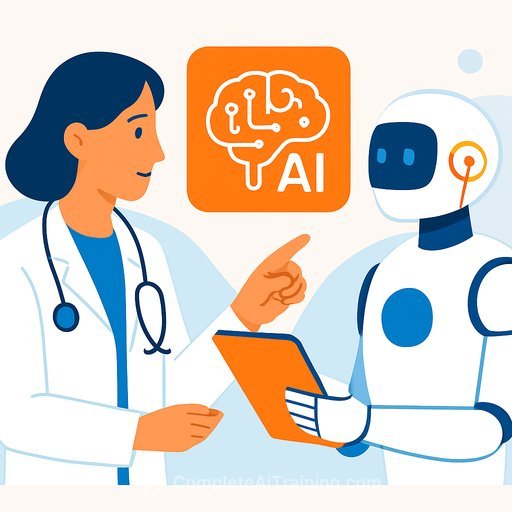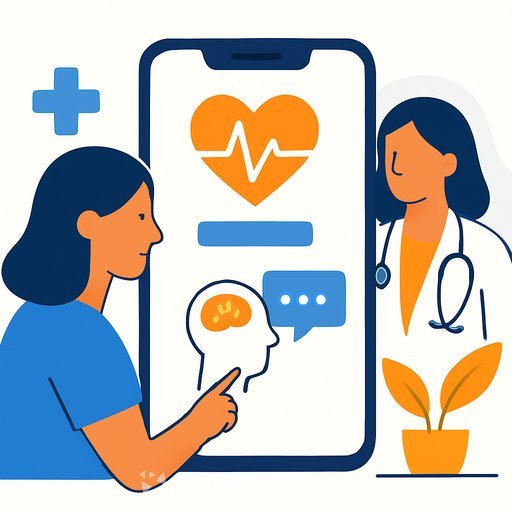AI-driven healthcare takes centre stage at Miri's KSC Summit 2025
MIRI, Sarawak - Artificial intelligence is moving from labs to clinics, and Miri is positioning itself to lead. This year's Kenyalang Smart City (KSC) Summit focused on "AI + Healthcare: From Research to Real World Impact," with State Transport Minister Dato Sri Lee Kim Shin calling for clear pathways from research to better outcomes.
"AI is reshaping diagnostics, therapeutics and public health systems worldwide. For Miri and Sarawak, this is the moment to translate research into solutions that improve health outcomes," he said at the opening.
Why this matters for healthcare teams
For clinicians and administrators, the signal is strong: AI-enabled care is a priority domain for Sarawak's development agenda. The KSC initiative is building infrastructure, partnerships and talent pipelines so innovations can land in hospitals, clinics and community health programs.
Key collaborations announced
A flagship effort is the Fudan University Joint Research Centre for Innovative Drug Development in Integrated Chinese and Western Medicine + AI Medical Experience Centre - known as "THE HALL." Supported by Curtin University Malaysia and led by Imasa Dinasti, the centre pairs integrative medicine with AI to accelerate therapeutic discovery and improve clinical outcomes.
Two Memoranda of Understanding were signed to deepen cooperation. The first, between Imasa Dinasti, Fudan University and Curtin Malaysia, formalises work on AI-driven integrative medicine and innovative drug development within the KSC ecosystem. The second, between Curtin Malaysia's Faculty of Engineering & Science and Fudan University's Institute of Integrated Traditional Chinese Medicine and Western Medicine, covers joint research, academic exchanges, co-supervision and scholarships.
Lee noted these agreements will grow local talent and open access to global expertise and facilities. AI in healthcare is a core pillar of KSC and supports Sarawak's Post Covid-19 Development Strategy 2030 across digital transformation, education and research excellence.
What changes to expect in care and operations
- Augmented diagnostics: decision support for imaging, pathology and triage to improve speed and consistency.
- Therapeutics R&D: AI-guided target discovery and candidate screening, including integrative approaches bridging TCM and Western medicine.
- Population health: risk stratification, outbreak detection and resource planning based on real-time data.
- Virtual care: remote monitoring and predictive alerts to support chronic disease management and rural access.
- Operational efficiency: scheduling, bed management and supply forecasting to reduce delays and waste.
Strong guardrails remain essential: clinical validation, bias checks, privacy protection and human-in-the-loop oversight. For reference, see WHO's guidance on AI ethics in health (WHO resource) and plan for interoperable data using standards such as HL7 FHIR (HL7 FHIR).
How healthcare organisations can prepare now
- Start with a clear problem: pick one use case (e.g., imaging triage, no-show prediction, readmission risk) and define success metrics.
- Get data-ready: inventory data sources, map to standards, address quality issues, and set access controls.
- Establish governance: ethics review, model risk management, incident reporting and patient communication plans.
- Pilot in the workflow: test with small cohorts, measure clinical and operational outcomes, and iterate with frontline feedback.
- Upskill teams: provide AI literacy for clinicians, data skills for analysts, and change management for managers.
- Build partnerships: engage universities, tech partners and public health units to co-develop and validate solutions.
- Plan for scale: procurement pathways, cybersecurity, maintenance, and continuous monitoring after deployment.
Who was in the room
The opening ceremony included Deputy Minister for Tourism, Creative Industry and Performing Arts Datuk Sebastian Ting; Imasa Dinasti chairman Teo Ah Khing; Fudan University's Institute of Integrative Medicine director Prof Dong Jing Cheng; and Curtin Malaysia deputy pro vice-chancellor Prof Tuong-Thuy Vu. A photo captured (from left) Tuong, Lee, Dong and Teo with the signed MoUs.
The takeaway
Miri's message is clear: move fast on practical AI projects that improve patient outcomes and workforce capacity, with strong governance. The partnerships announced at KSC Summit 2025 give healthcare providers a direct path to collaborate, skill up and bring validated solutions into daily care.
If you're building AI literacy across clinical and operations teams, explore curated options by role here: Complete AI Training - Courses by Job.
Your membership also unlocks:

